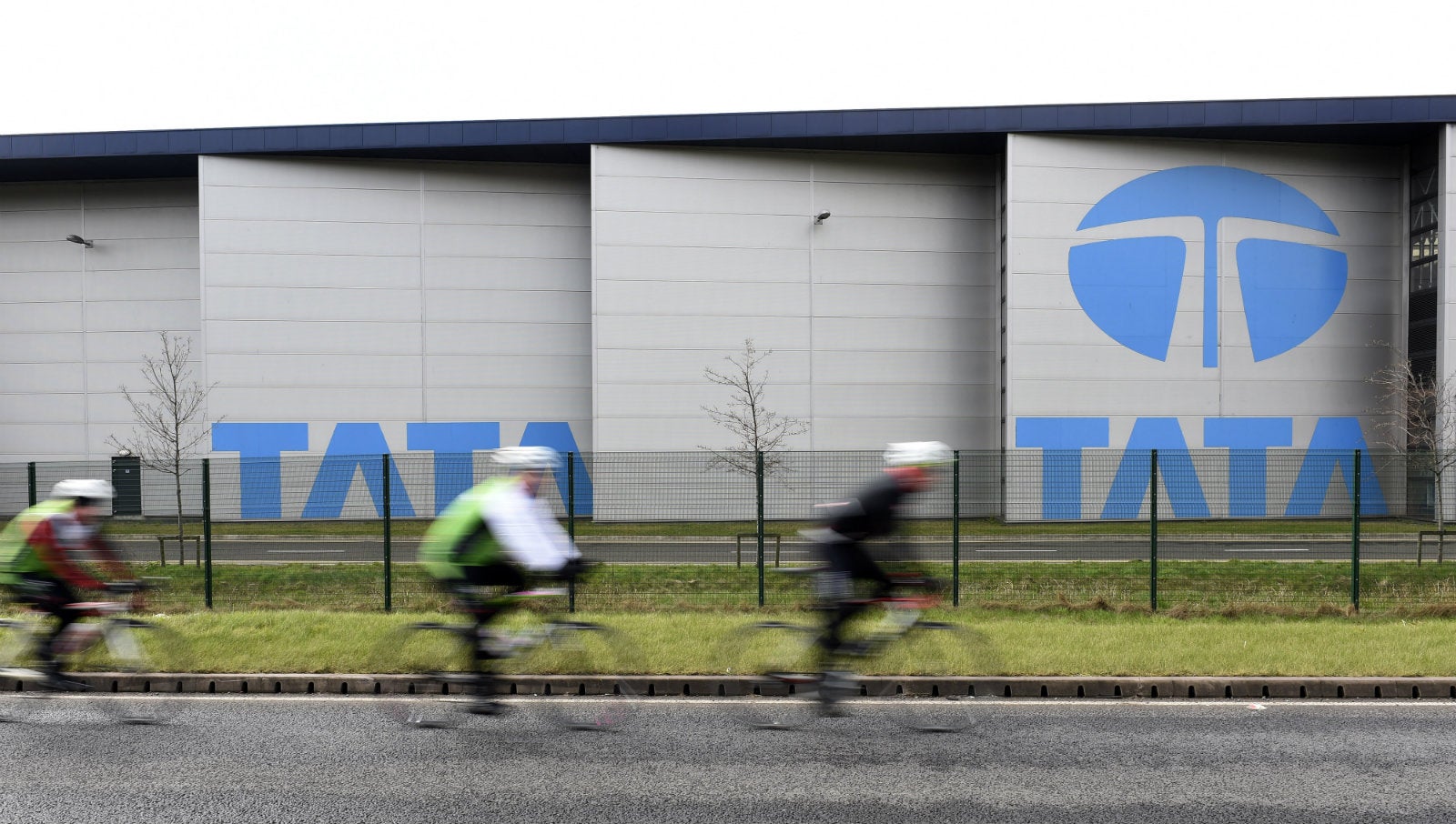After salt and steel, Tata plans to make a yoga fitness tracker for India
The Tatas, one of India’s oldest business groups, are looking to stretch into future technologies with wearables.


The Tatas, one of India’s oldest business groups, are looking to stretch into future technologies with wearables.
From salt to steel and everything in between, India’s storied Tata group has had a finger in many a pie. But with its newest gamble, the 148-year-old conglomerate is betting big on bringing together ancient Indian science and the future of technology—it is developing wearable wrist devices for yoga practitioners.
“We are going back to the basics with our yoga wearable. Users can stop many lifestyle diseases at their very onset,” Gopichand Katragadda, group chief technology officer of Tata Sons, told Bloomberg. “We have the technology to develop different kinds of wearables and we want to bring Made in India products into the market.”
The yoga fitness band will be a wrist device which will examine and track breathing patterns, alertness, and key metrics, Bloomberg reported on April 27.
The company has planned another device—this one for workers—which will “detect falls and other mishaps” on factory floors, the Bloomberg report added. This technology is being tested with crane workers at Tata Steel, the group’s steel-making unit.
The factory wearable is for safety of the factory workers, a Tata Sons spokesperson said, adding that the group is “looking at the next elevation in innovation and technology development across Tata companies.”
Although the wearable devices market in India is still small—at about Rs25 crore ($3.7 million) compared to over $1 billion in the US—the opportunity is huge. A 2014 Accenture survey suggested that Indians ranked the highest in terms of readiness to buy a wearable technology device.
For Tata, the combination of technology with yoga could be a bright spot. There aren’t any big brands in the country making yoga wearables. A couple of American and Australian firms do make yoga pants with sensors and a breath-tracking device. Fitbit, the world’s largest wearables company, entered India in June 2015.
Changing times
For decades the Tata group has been a flag-bearer in the manufacturing space in India—it makes cars, metals, chemicals, and consumer products, among others. In time, the $108-billion Tata group expanded to the services industry and today Tata Consultancy Services (TCS)—India’s biggest IT firm—is leading its growth.
Now the entry into wearables and other innovative technologies such as hydrogen fuel cells and drones, for instance, indicates that innovation is the next key focus.
In December 2014, Cyrus Mistry, chairman of Tata Sons wrote in a letter to employees that the group will invest in new technologies and research & development (R&D). The same year, the group hired Katragadda—the former head of GE’s India Technology Centre—as CTO.
“The customers and the markets we know are evolving. Today, emerging technologies in the digital and physical space are transforming businesses at a pace never seen before,” Mistry had written in the letter.
This post was updated with responses from Tata Sons.